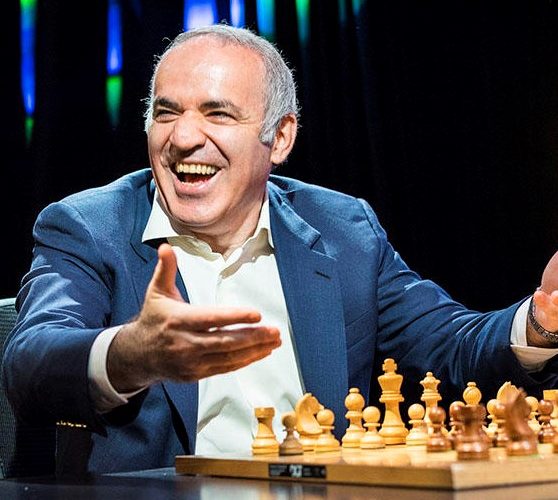What’s better – an average human plus a computer using a sound process or an expert plus a computer and an average process? You probably guessed. It’s the former and this outcome is sometimes referred to as Kasparov’s Law.
Former world chess champion Garry Kasparov held the number one ranking in chess for all but three months over a nineteen year span until his retirement. He is also known as the first Grandmaster to be beaten by a computer – IBM’s Deep Blue – in a match in 1997.
Although a painful loss it forced Kasparov to reflect on the meaning of a machine’s ability and the role of humans. To this end in 2017 he wrote a book Deep Thinking in which he goes through the history of chess computers and a detailed reflection of his match against Deep Blue. More importantly he looks ahead at the future of artificial intelligence and its implications for humans.
Contrary to many doomsayers, Kasparov is optimistic about the role of supercomputers – now virtually fitting onto our phones. He says humans are the masters of process, something computers will never be able to design as well as we do.
The question at the opening of this story was answered in an interesting chess tournament of competing players each teaming up with machines. The winners were a pair of average chess players who were able to maximise the computer’s ability to beat grandmasters using the same computers.
So what does Kasparov predict for the future of AI? He says that many jobs will be lost to the machines, but rather than a threat this should be viewed as a promotion for humans. No need to do the tedious stuff anymore, focus on the creative, the imaginative, the process. The fields of human-machine collaboration and process architecture will boom. To get ahead of the machines we must not try to slow them down, we must speed them up. We must give them, and ourselves plenty of room to grow together.
As Kasparov says: “Machines have calculations. We have understanding. Machines have instructions. We have purpose. Machines have objectivity. We have passion. There is one thing that only a human can do. That’s to dream. So let us dream big.”
The writer is a co-author of Court of the Grandchildren, a novel set in 2050s America.
Photo Credit: Lennart Ootes / Grand Chess Tour
